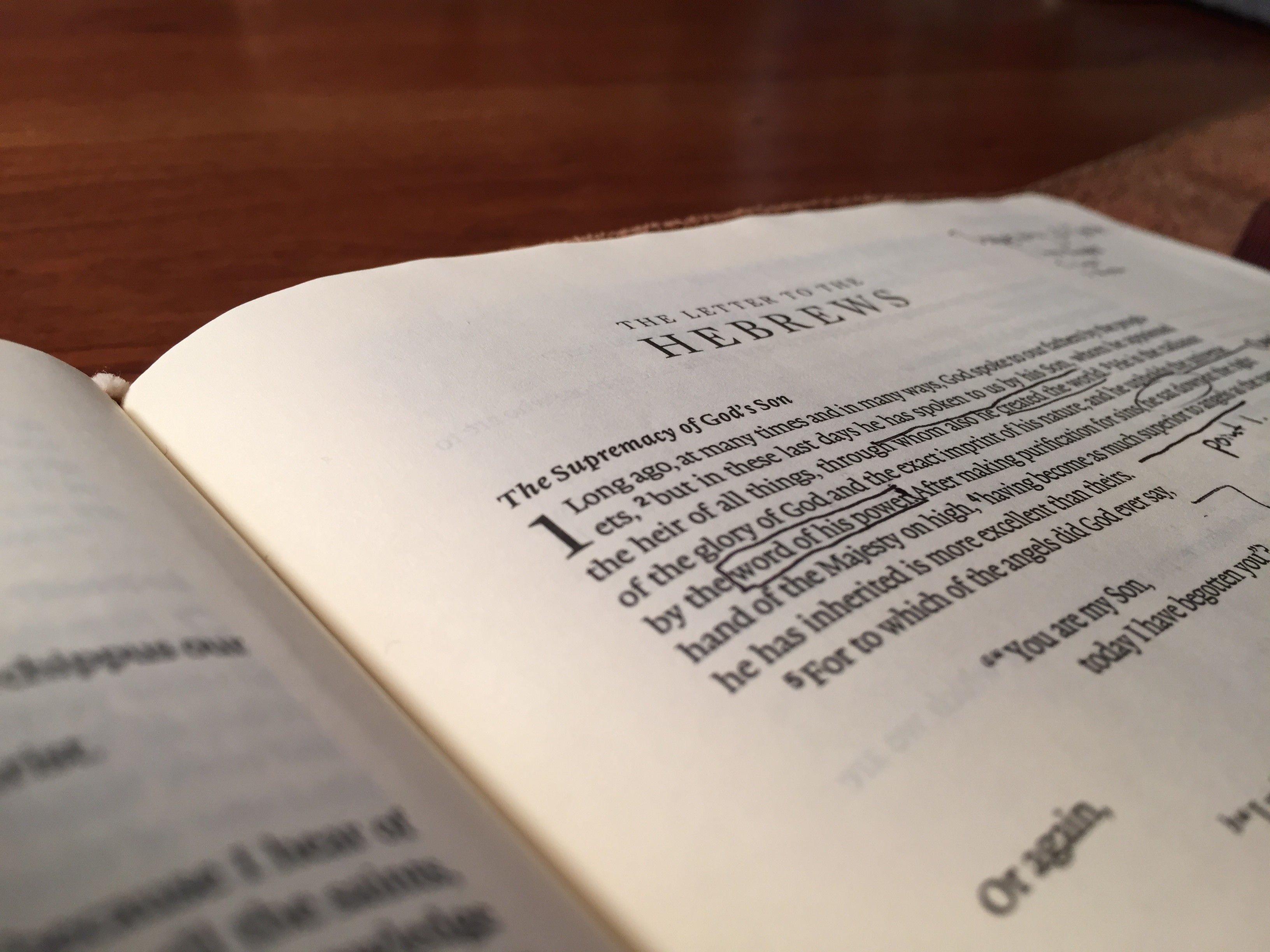Who Wrote Hebrews?
Introduction Among the books that comprise the New Testament, few incite as much controversy about the nature of their authorship as the letter that begins not with a greeting, but with an assertion about how God communicates to his people. Commonly called “Hebrews” because of its extremely Jewish slant in argumentation and assumptions, this book gives an insight into the superiority of Jesus Christ over all previous revelations from God. The question that plagues scholars of the work is simply, “Who wrote it?” This question has been beaten and battered throughout the centuries and no conclusion has been reached. There … [Read more]



